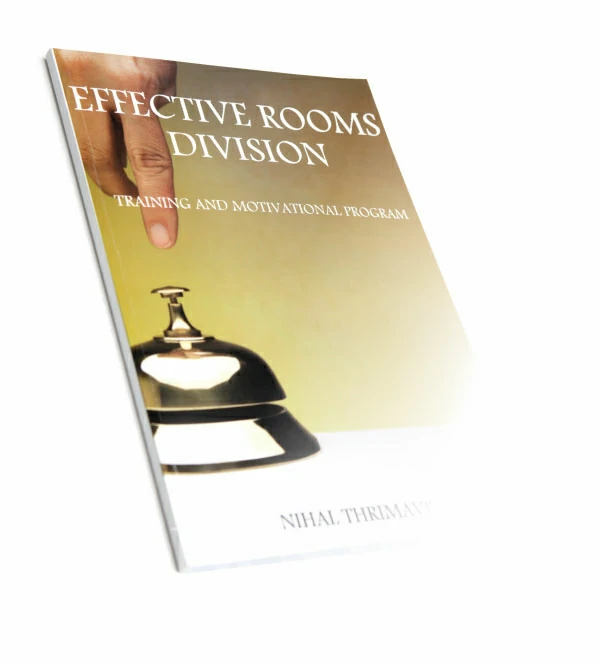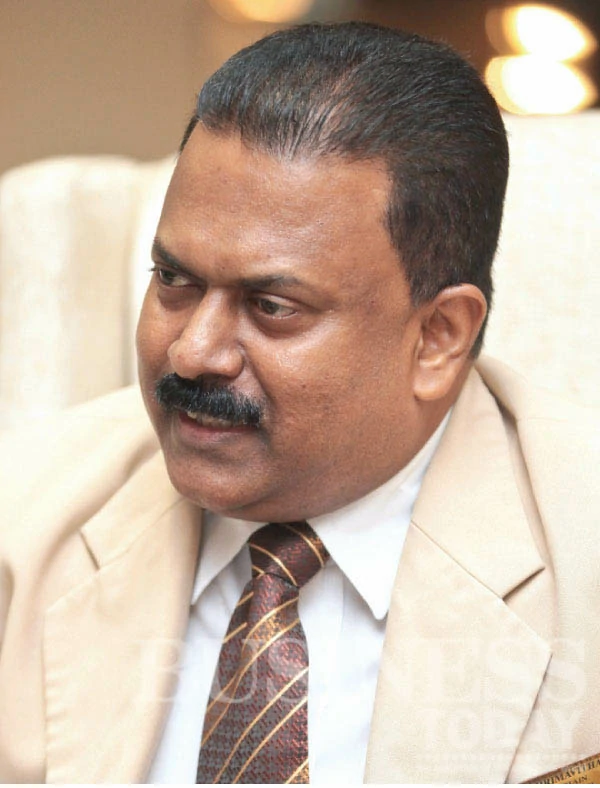
Nihal Thirimavithana, Bell Captain of Galadari Hotel shares the wealth of knowledge gained throughout his 34-year-long career in the hospitality industry. ‘Effective Rooms Division’, authored by him is a motivational and training manual for employees of the hospitality sector.
By Hansani Bandara
Departments of Front Office and Housekeeping are the most vital components when it comes to the progression of a hotel’s operations. Thus, Rooms Division or the effective coordination between these two links impacts on every level, from building the brand image of the hotel to revenue generation. Hence, the book contains an account of firsthand experiences of Nihal Thirimavithana on Rooms Division Management of a hotel.
“Sri Lanka is expecting to reach the target of 2.5 million tourist arrivals by 2016. There is a rapid development in hotel infrastructure. As such initiatives should be taken to develop the human resources of the industry. Also, I wanted to pass on my knowledge to the next generation,” says Thirimavithana describing his inspiration for writing the book.
Thirimavithana believes that employees in the departments of Housekeeping and Front Office in a hotel should undergo constant training as opposed to undergoing training at hotel school and the initial on-the-job training period for new recruits. This is important as they
are the two divisions in a hotel that interact with guests the most. Effective Rooms Division contains
a comprehensive and illustrative account of professional protocols that should be followed by Housekeeping and Front Office staff. The book also provides insights on employee conduct within the specific chain of commands in a hotel while providing knowledge on maintaining successful professional relationships.
“It begins from simple tasks as making a bed or mopping the floor and then progresses towards more complex tasks such as safety and first aid measures to be practiced when in an emergency. My book illustrates how each of these tasks should be carried out, giving the opportunity for employees, especially new recruits to refer if clarifications are required when carrying out their professional duties,” explains Thirimavaithana.
It is vital that every employee
is well aware of his/her duties including a clear understanding of
the role they are expected to perform in their respective capacities. This in turn positively impacts the effective functioning and productivity of
the hotel while significantly contributing towards greater customer satisfaction. Thirimavithana thus states, “this is my way of contributing towards the growth of the industry.
I hope this book will be useful when formulating professional training mechanisms for hoteliers.”
hoteltraining.zyro







